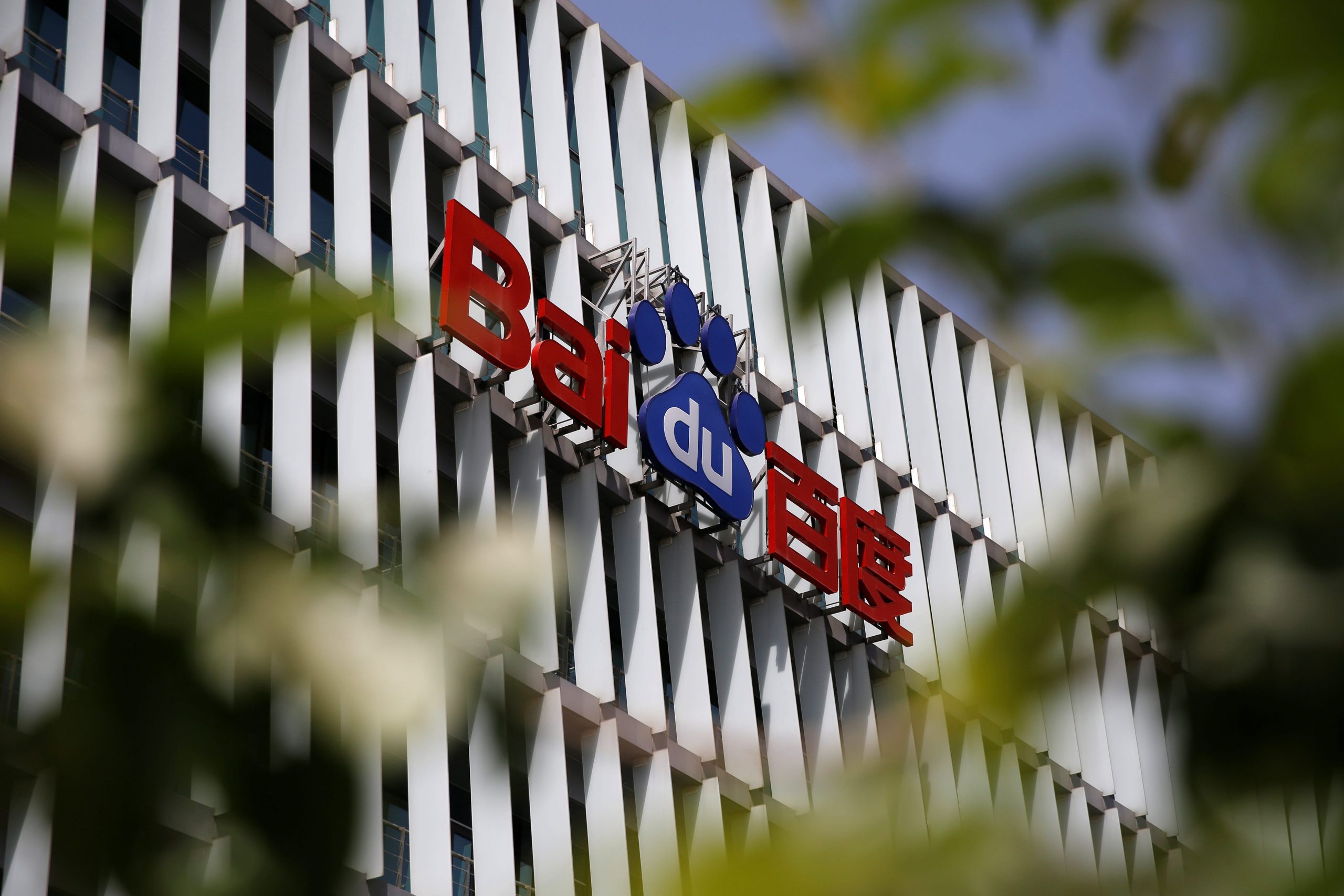
Reuters
- Baidu is in talks with investors to raise $2 billion for biotech startup that will use the Chinese tech company’s AI technology to develop drugs and diagnose diseases.
- The idea came about six months ago, but there is still no name for the biotech startup, people with knowledge of the project told Reuters.
- Visit Business Insider’s homepage for more stories.
Chinese tech company Baidu reportedly plans to raise $2 billion for a biotech startup that will use AI to develop drugs and diagnose diseases.
Baidu came up with the idea for the startup earlier this year and is currently in talks with investors. The company, which offers internet-related services, is unlikely to be the controlling investor in the startup, people with knowledge of the project told Reuters.
The startup intends to use Baidu’s AI technology to find and develop drugs, as well as diagnose early-stage cancer, anonymous sources told Reuters.
Baidu founder and chairman, Robin Li, is directly involved in the startup, which does not yet have a name, the sources said.
The tech firm released a tool earlier this year which analyses the structural information of a virus in 27 seconds, a decrease from 55 minutes, which helps to understand the virus and develop vaccines against COVID-19.
The startup discussions come as governments around the world invest in their healthcare systems and scramble for a coronavirus vaccine.
As biotech companies developing vaccines are put at the centre of the healthcare industry, 12 biotech venture capital investors at some of the most successful companies in the industry, including ARCH Venture Partners and Venrock, told Business Insider which startups are set to take off in the upcoming year. The long list of 21 biotech startups include Datavant, Encoded Therapeutics and Let'sGetChecked to name but a few. From diagnostic tests at home to cell therapy, each one has their own approach.
